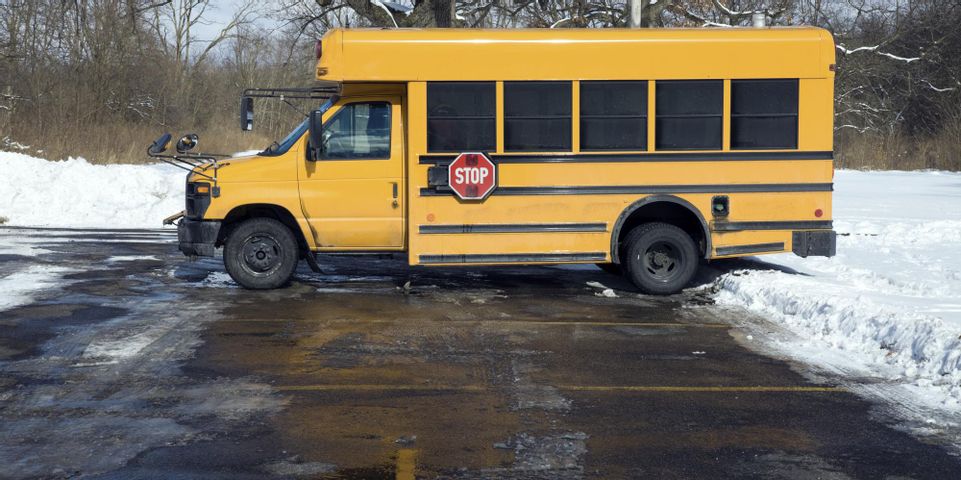How Do Spring Thaws Affect Asphalt Lots?

As temperatures rise and the snow starts to melt, many people feel relieved that the worst of the winter is over. When it comes to asphalt parking lots, however, the damage may be just beginning. Spring thaws bring blossoms and sun, but they also affect the structural integrity of parking lots and roads. If you own property that includes this type of paving, here’s what you should know about spring thaws.
A Guide to Spring & Asphalt
What Does Warmer Weather Mean for Paving?
During the colder months, the water contained within asphalt freezes. Like snow above the ground, this ice begins to melt during spring. Because it starts thawing at the surface of the pavement first, the layer just beneath gets saturated with water, making it more vulnerable to damage. As long as this subgrade remains frozen with the melted water from the surface trapped above it, the material will be more prone to cracking and buckling. Thaws also strip the bond between the binder and paving compounds, making the lot more susceptible to crumbling and breakage.
How Does Usage Impact the Paving?
 Asphalt is especially vulnerable to damage under heavy loads. Quality materials are sturdy enough to hold up underneath the weight of smaller passenger vehicles during spring thaw. Larger vehicles, on the other hand, such as box trucks that arrive for deliveries or buses that transport many riders, can cause considerable damage simply by driving on oversaturated areas as the temperature warms.
Asphalt is especially vulnerable to damage under heavy loads. Quality materials are sturdy enough to hold up underneath the weight of smaller passenger vehicles during spring thaw. Larger vehicles, on the other hand, such as box trucks that arrive for deliveries or buses that transport many riders, can cause considerable damage simply by driving on oversaturated areas as the temperature warms.
How Can You Prevent Damage During Spring Thaws?
The best way to protect your lots is by maintaining them before winter starts. This includes filling potholes and sealing cracks, which will prevent extra water from seeping into the pavement. Seal-coating your paving once every one to three years will also help. If you missed your repairs this past year, be sure to add it to your calendar for next season. For now, designate a specific route for heavier vehicles and talk to a professional about reinforcing these “heavy duty” sections with road mesh or other materials. Clear any late-season snows promptly for safe use and to limit the amount of water your asphalt will absorb.
For help protecting your asphalt lots from spring thaws, turn to Beausoleil & Sons Construction, Inc. Based in Cranston, RI, they serve residential and commercial clients throughout Rhode Island, Massachusetts, and Connecticut. For more than four decades, this family-owned and -operated paving contractor has been performing quality work. They’ll help you strengthen your lot, fix damage from spring thaws, or replace weakened materials with thick, durable, class I applications. Visit their website to view some of their past projects, or call (401) 632-0203 to discuss your needs today.
About the Business
Have a question? Ask the experts!
Send your question

